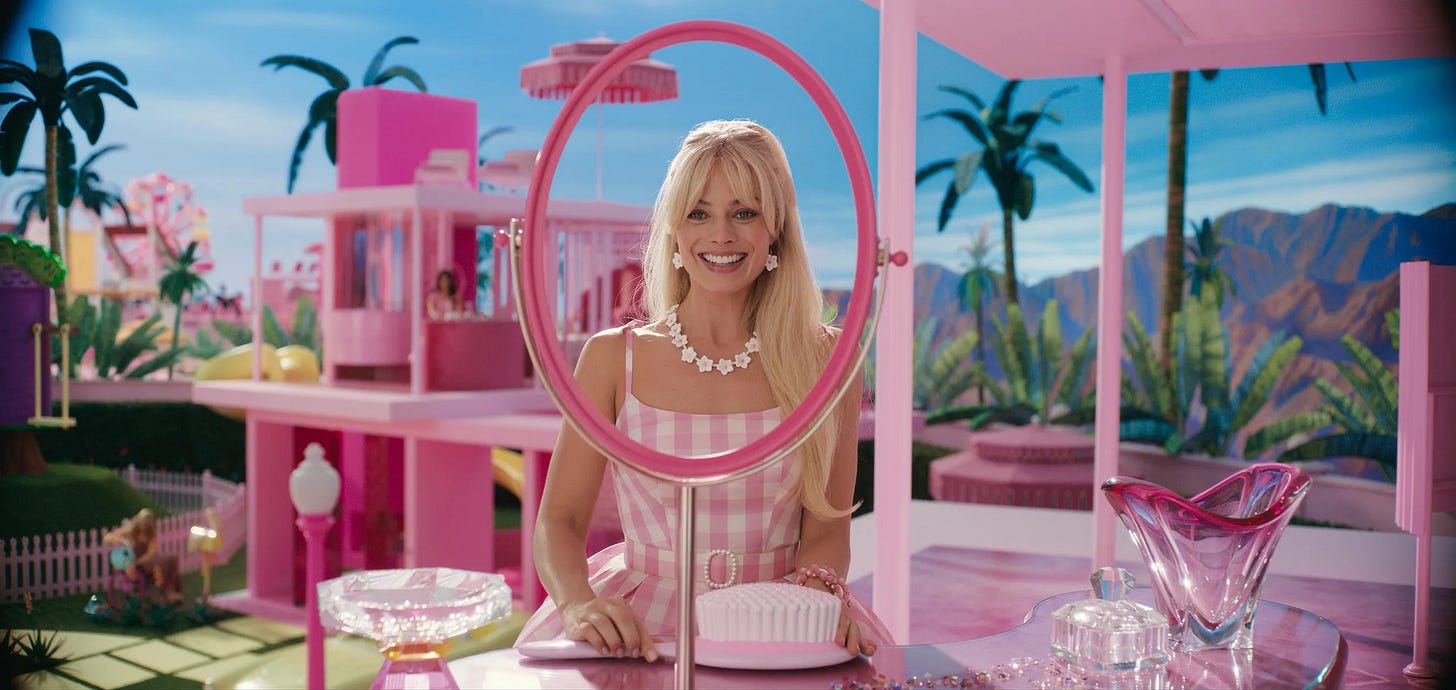The Film Industry’s Obsession with Gender Norms. Has it Changed?
Gender Norms. The film industry can’t get enough of them as we’ve seen throughout the history of television and cinema. In Rachel Levin’s “Lights, Camera…Stereotypes? Film Characters’ Actions Reflect Gender Bias” (2022) provides an interesting outlook on the film industry’s hyper-fixation on gender norms, especially when applied to the more recent film Barbie (2023), directed by Greta Gerwig.
In Levin’s article, Levin explains that there are certain gender stereotypes that are consistently pushed in films that only reinforce traditional gender norms. Levin states that it is films and the stereotypes that are in them that show people that traditional gender norms are still expected of them (Levin, 2022).
The Barbie movie, directed by Greta Gerwig, is a satire that navigates and deconstructs the very stereotypes Levin highlights. At the heart of the film is Barbie's journey of self-discovery, where she ventures beyond the pink world of perfect femininity to face the complexities of the real world (Gerwig, 2023). Levin’s observation of how female characters are often confined to passive, ornamental roles in films (Levin, 2022) where their stories revolve around beauty, romance, or supporting male-driven plots. Barbie, in her early stages, embodies this idealized, almost comical vision of womanhood (Gerwig, 2023). As Levin would suggest, this is a direct response to the ways in which gender bias in film has often painted women as secondary characters in need of rescuing or validation.
The greatest part of Barbie though, is the fact that Barbie soon experiences the real world. The real world where all of these positive experiences with traditional gender norms are thrown out the window entirely. From workplace dynamics to societal expectations, she experiences it all (Gerwig, 2023). Levin touches on the importance of shifting these representations, and Barbie is a striking example of a film that actively participates in that shift, demonstrating that films can both acknowledge and challenge gender biases while still engaging audiences in an entertaining way.





